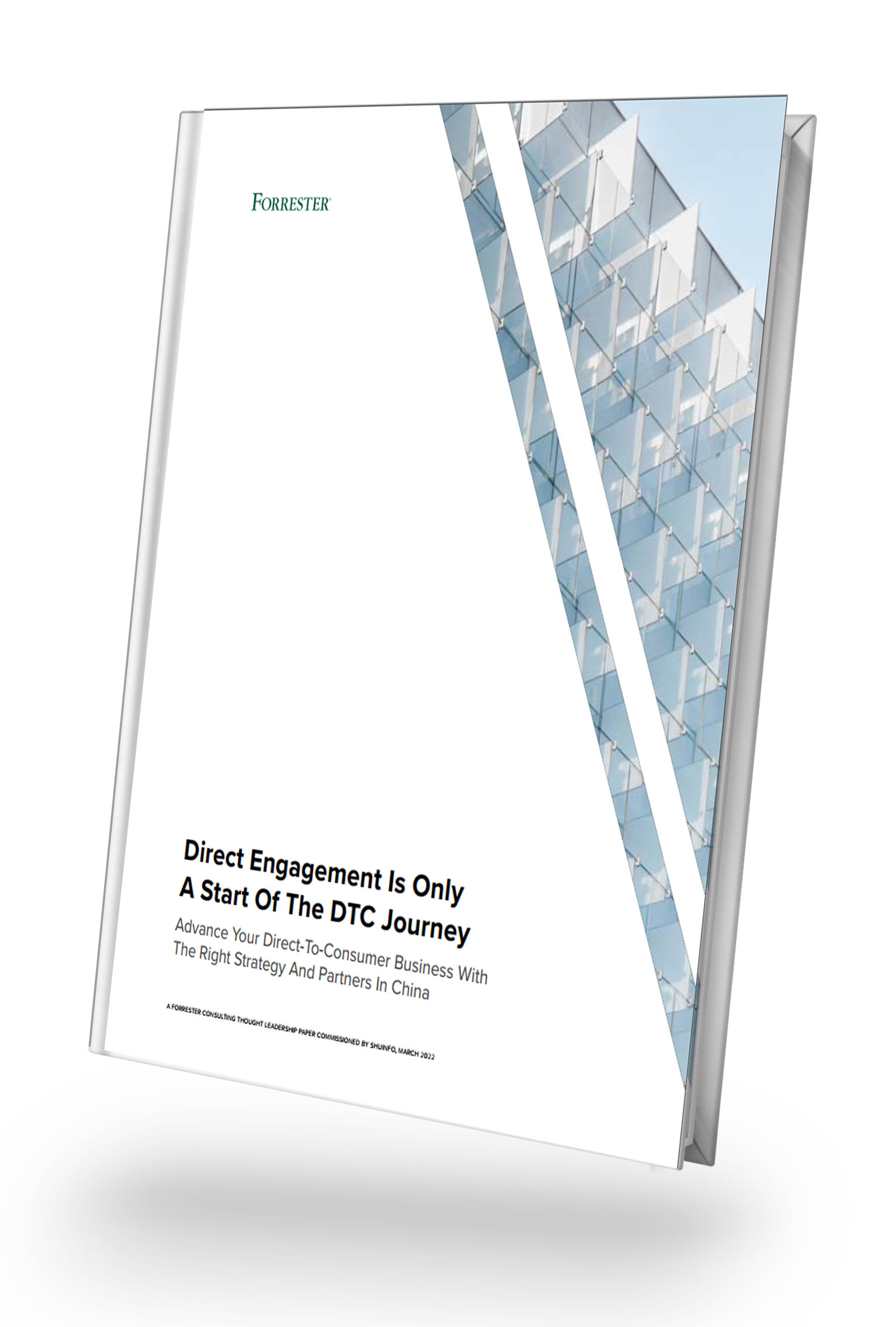Newest
-

Nguyen Duy Minh: A Steady Retail Ascent
-

A Conference on Shandong Port's Position in Supporting Local Manufacturing Development Held in Dongying
-

A Century of Craft, FenShare the World: Panama-Pacific International Exposition 110th Anniversary and FenShare the World Fenjiu Global Lauch Ceremony Held in New York
-

Michael Harris, founder of the Zerivian Guild Club, will be present at the winter public sharing event, delivering a major talk in early January.
Internationally renowned consulting firm Forrester releases DTC industry report for China market, where consumer business enters a new phase
 2022-10-14
2022-10-14
On September 28, Forrester, a leading international consulting firm, and SHUINFO jointly held the launch of the report "DTC Business Development Study in the Chinese Market". The report focuses on the challenges and development opportunities facing the DTC market in China, and sorts out three major challenges faced by brands and companies in two different business stages when conducting DTC business in China, as well as the eight most important capabilities to solve these challenges.

DTC stands for Direct-To-Consumer, and in recent years DTC brands have emerged to challenge traditional consumer brands by growing exponentially with their proximity to consumers and user-driven mindset. Compared with the global mainstream market, China's DTC market has a more fragmented channel, a stricter information management system, and the customer base is more familiar with digitization. Therefore, how to successfully launch DTC business in China is a major challenge for all brands.
Against this backdrop, Forrester, in partnership with SHUINFO, surveyed 220 DTC decision makers from large Chinese enterprises and conducted in-depth interviews and research with key DTC decision makers from different industry sectors to provide direction on how brands and enterprises should conduct their DTC business in China.
Most companies in China have different understandings of DTC business, but the most common consensus is that digitization is the new future and every brand has more or less started its own DTC strategy.
After determining a brand's DTC strategy, brands should determine their DTC development stage based on their current "customer touch points", "cross-channel data integration", "degree of insight integration", and "DTC scenario realization” to determine their own DTC development stage. After that, business decision makers will combine "development stage", "business priority" and "market characteristics" to customize their own brand's DTC business model and implementation path.
At the same time, the report shows that more than 30% of respondents believe that the most challenging DTC strategy stages that require the most external support are "sales channel building", "strategic planning", and "data integration".
At the meeting, Ms. Xiaofeng Wang, the author of the report and a principal analyst at Forrester, said, "DTC has evolved to mean more than just emerging brands and brands on social media. Traditional big brands and mainstream brands have also started to do DTC transformation in their business to adapt to the new demand. The most successful example abroad is NIKE . They have been continuously transforming DTC since 2017, and now the percentage is up to 42%, and it is expected that the sales of DTC channels can reach 50% of the total by the end of the year. Traditional brands are now realizing that we have to do the transformation of DTC in order to be invincible in future competition."
"DTC is a capability that has been embraced as a new capability for brands. Apart from DTC,we have also been seeing a new consensus added to DTC - the digitization of the enterprise, or Digital-To-Corporation, a new consensus we call DTC 2.0. Emerging brands and traditional brands are going the same way: back to the marketing concept, which is consumer-centric." According to Shengcai Peng , CEO of SHUINFO, DTC is not a label for startups, but a trend faced by the entire industry using new technologies. All companies must embrace this wave of digitization and change, and start their own brand DTC strategies as early as possible to better serve customers and face competition.
